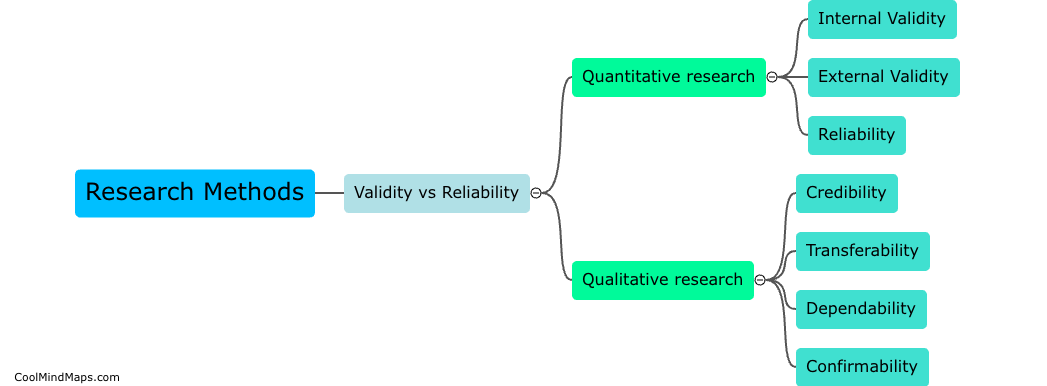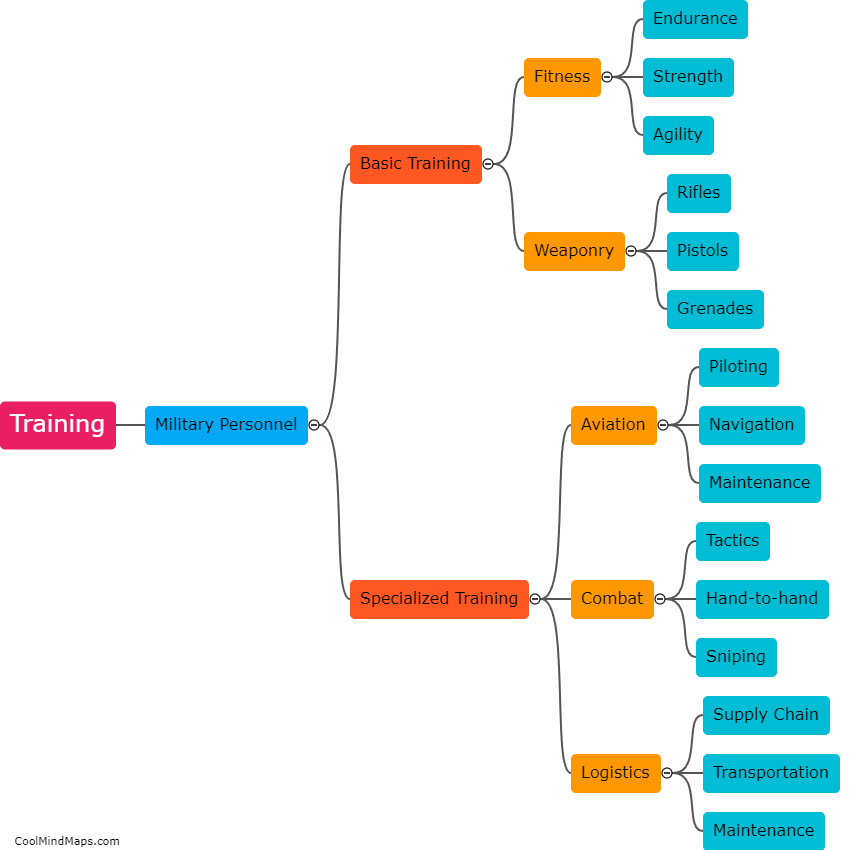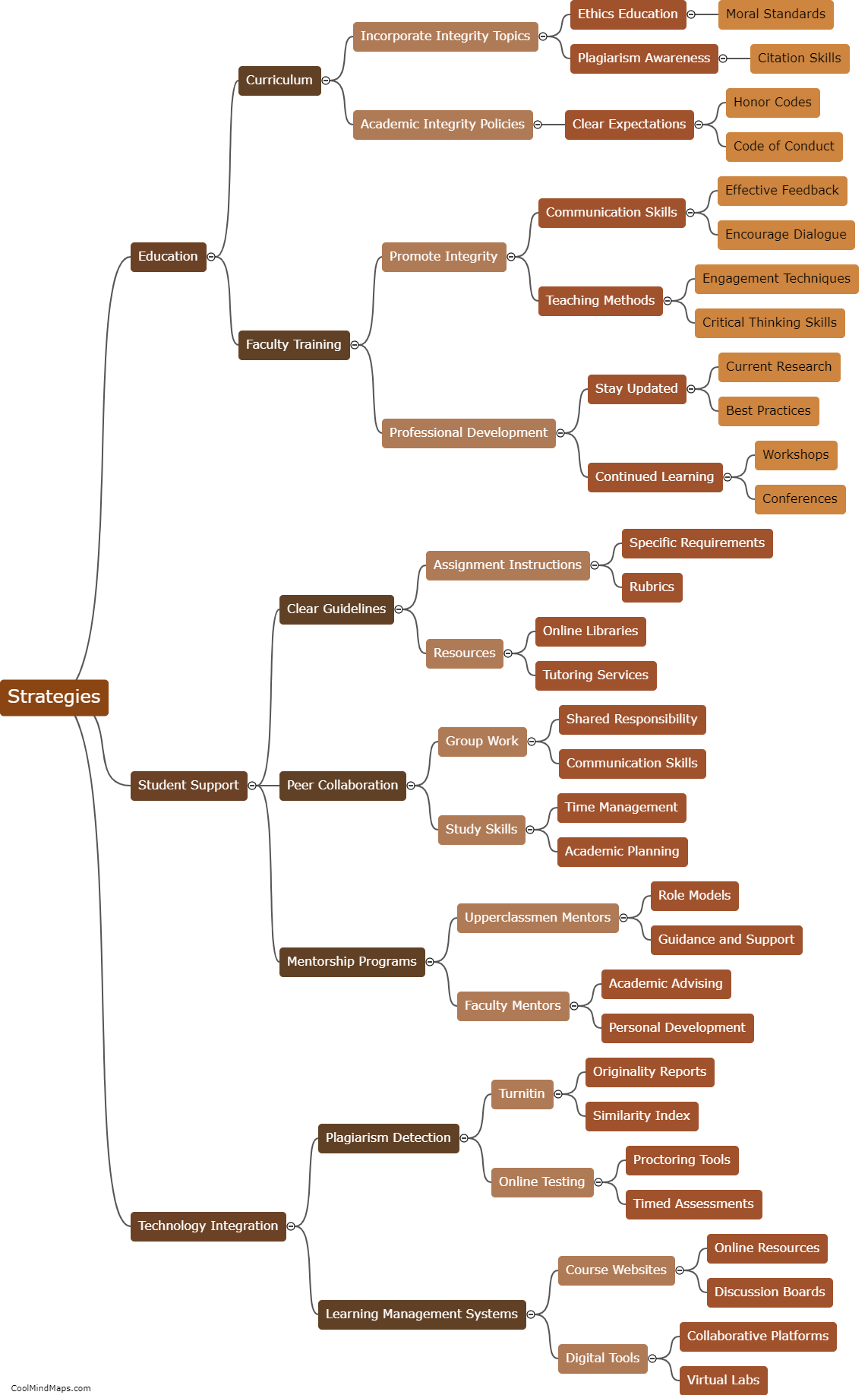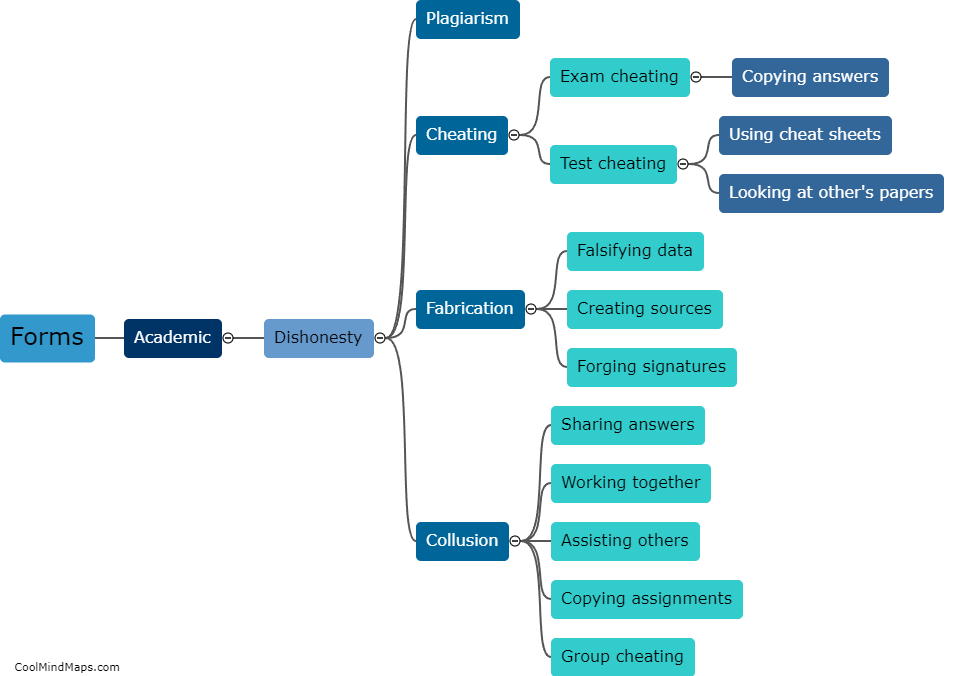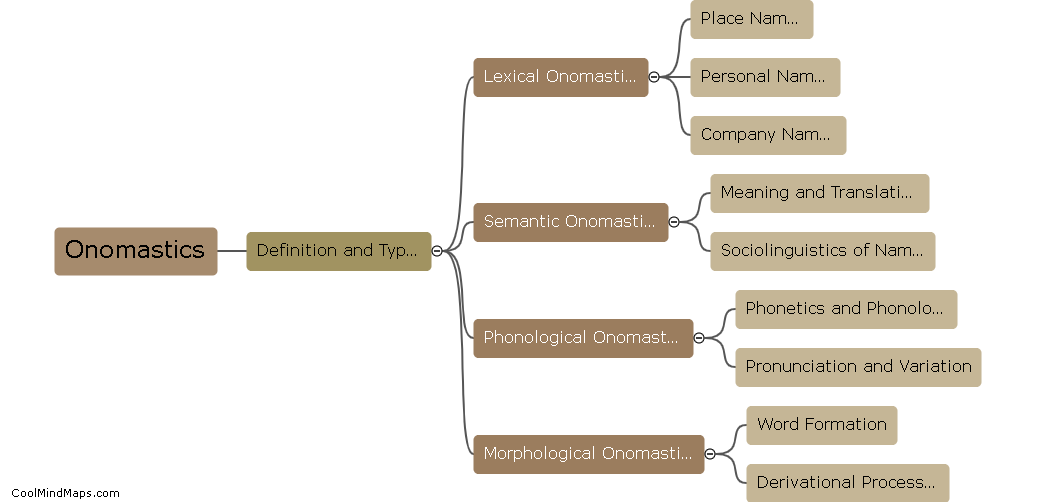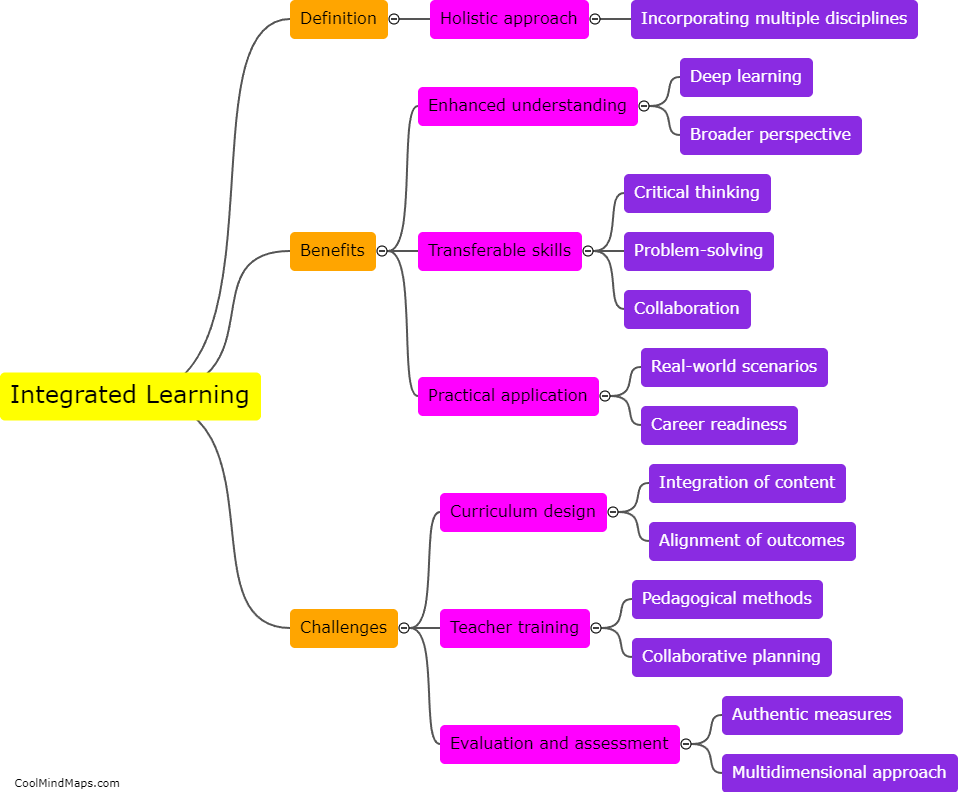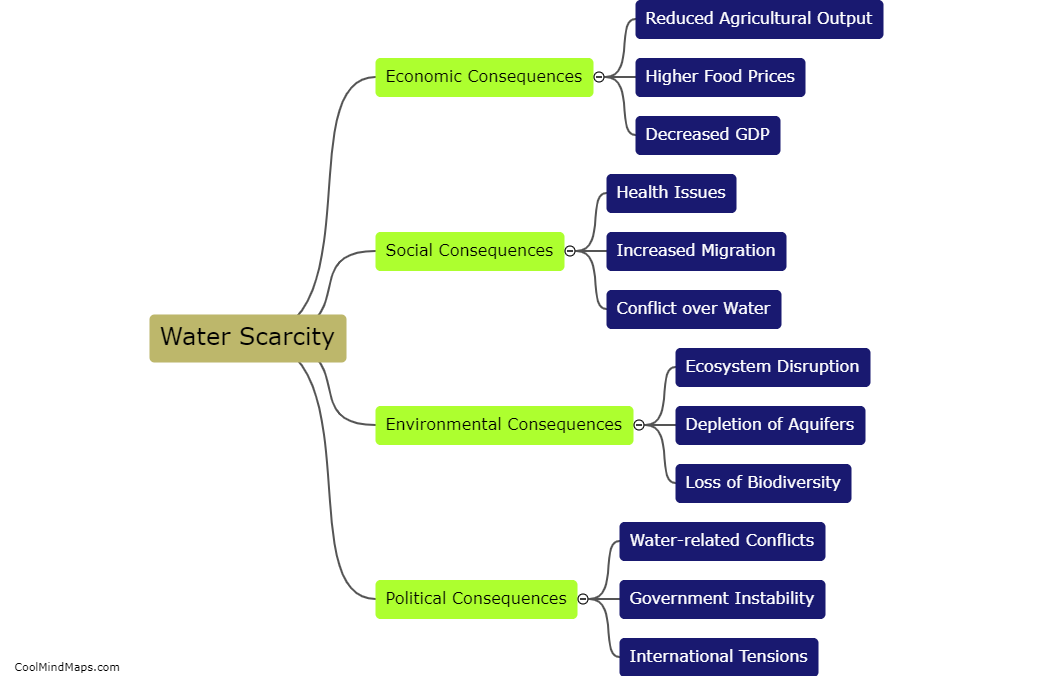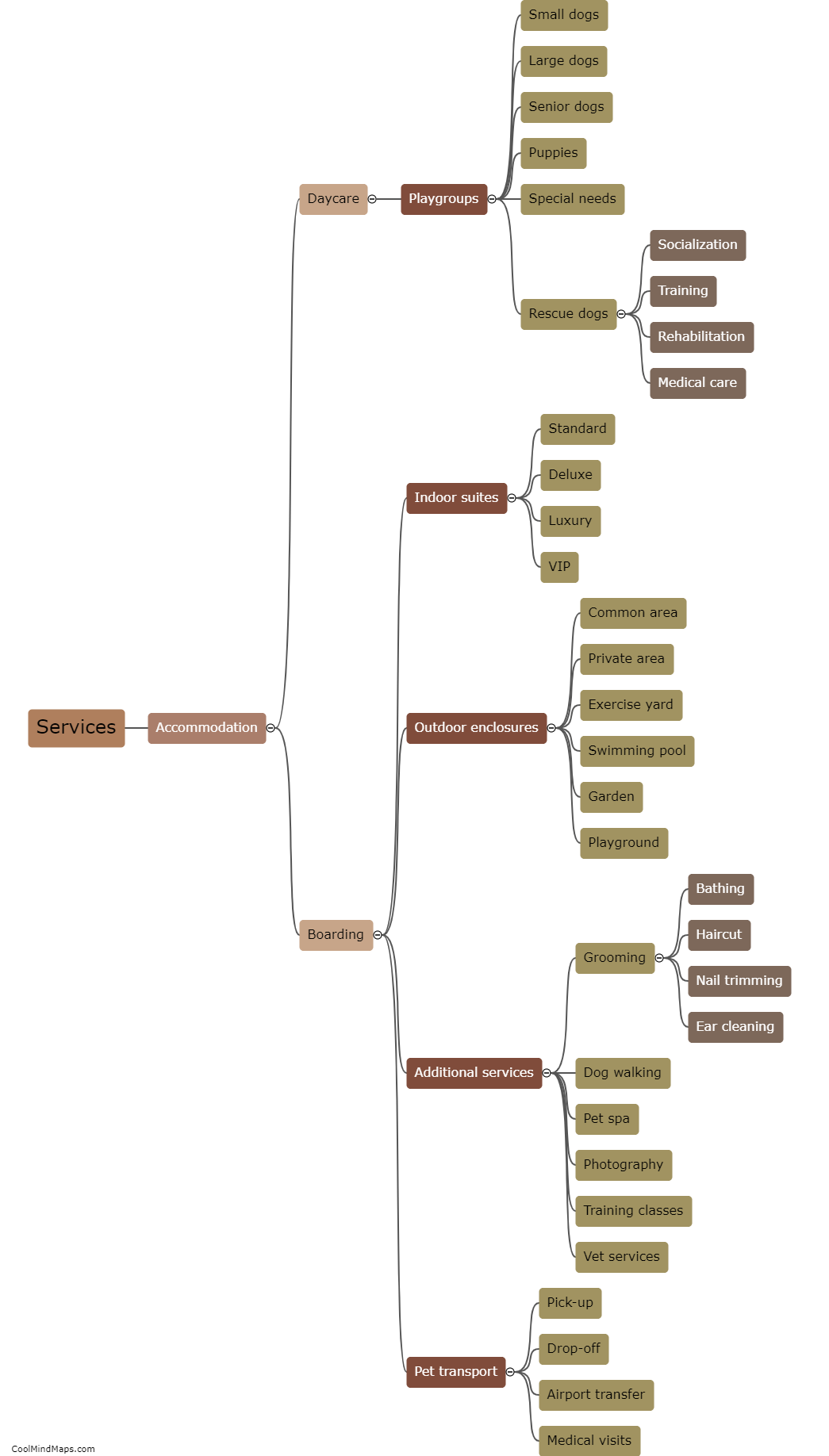How can academic integrity be promoted?
Academic integrity can be promoted through various measures that emphasize the importance of honesty, trustworthiness, and ethical behavior in academic settings. Firstly, educational institutions can establish clear policies and guidelines that outline the expectations for academic integrity and the consequences of violating it. This includes educating students about plagiarism, proper citation, and responsible research practices. Additionally, fostering a culture of intellectual curiosity and encouraging critical thinking skills can reduce the likelihood of plagiarism and cheating. Collaboration between students and faculty can also contribute to promoting integrity, by creating an environment where academic dishonesty is discouraged and open dialogue is encouraged. Finally, utilizing technology and online tools that detect plagiarism can act as a deterrent and help in identifying cases of cheating. Overall, it is crucial to create a supportive environment that prioritizes academic integrity and provides the necessary resources and guidance to students.
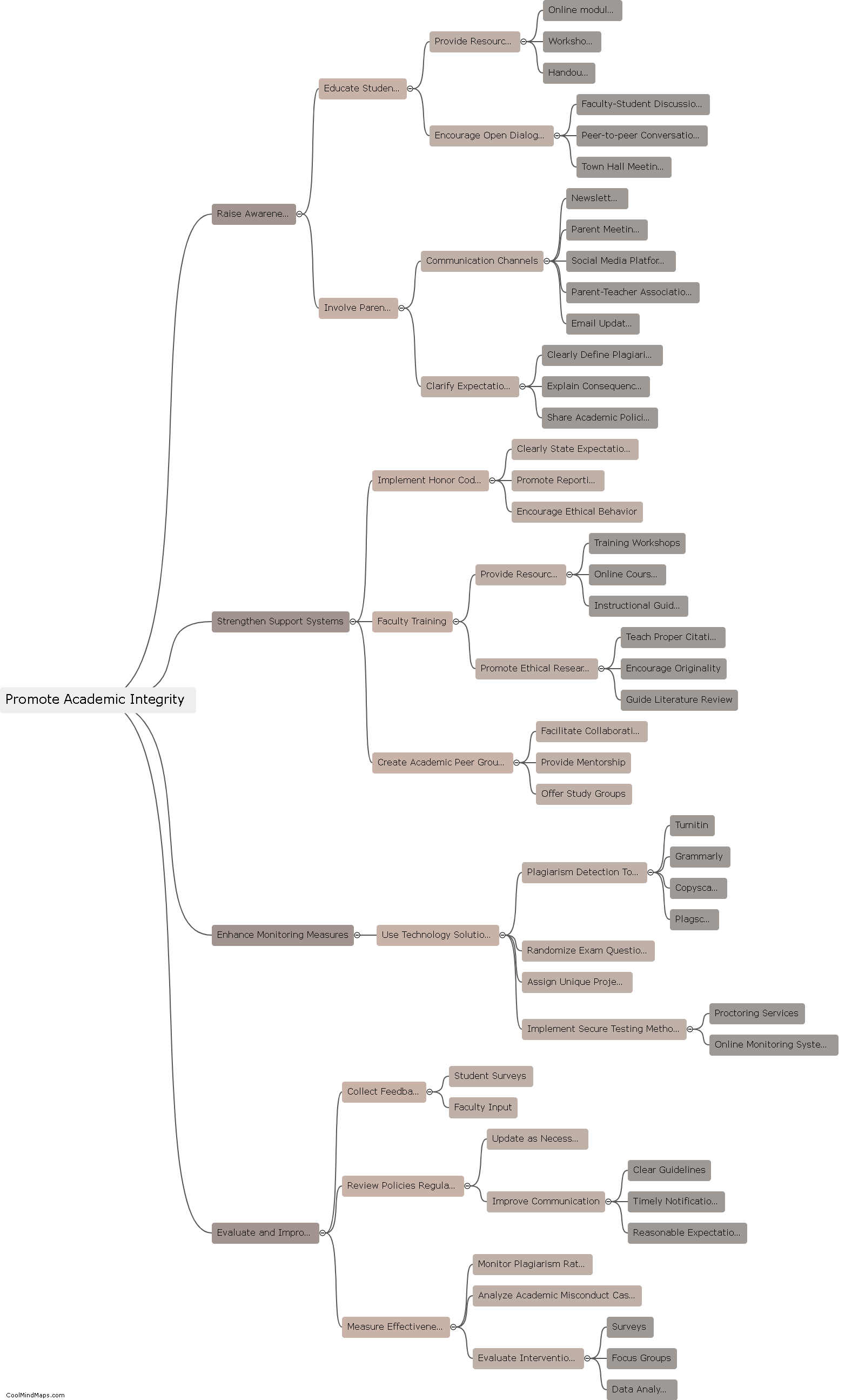
This mind map was published on 26 October 2023 and has been viewed 94 times.


